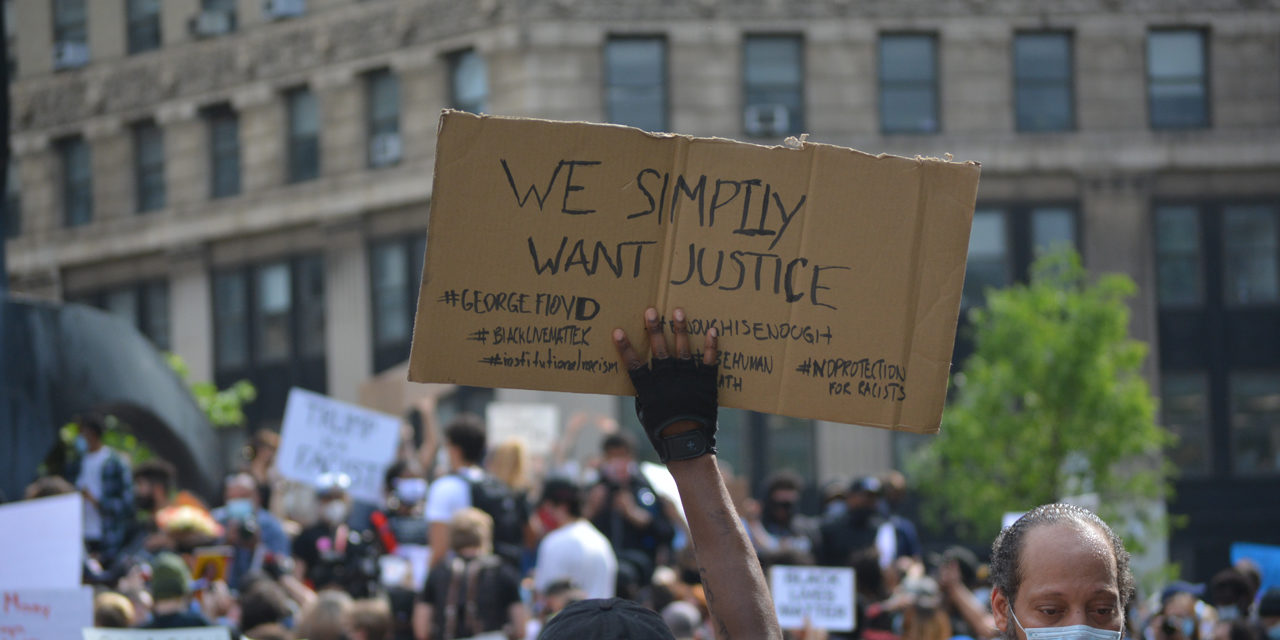In a CNN article, “the most trusted name in news” claims that lynching remains a modern-day problem in this country. The piece mixes a lot of history and some current events but fails to fully make its case.
Lynching is a terrible, horrific crime. Between 1865-1968, 4,742 mostly young black men were lynched by angry, mostly white-led mobs. There is a lot of historic evidence, including pictures, that paints a disturbing image of the period after the Civil War into the 1960s and some isolated cases beyond that date. It’s a historical fact that isn’t in dispute, but CNN and others argue that it’s a modern-day problem and want to redefine and expand the definition of lynching to cover a variety of crimes, which is a problem.
If lynching is redefined, it sets a dangerous precedent for how certain crimes will be seen and prosecuted in the future.
At its most basic, the crime of lynching is defined, per Merriam-Webster, as a crime where a man or woman is “put to death (as by hanging) by mob action without legal approval or permission.” This is a crime that originated in the United States and was mostly racially motivated. It reflected a particularly unsettled time in American history as the country, especially the South, struggled to rebuild after the Civil War and shake off the effects of legalized slavery in parts of the country.
Authorities, when prosecuting a specific crime that is race-related, should only use that historical definition and nothing else.
If not, the term will be watered down, used as a political weapon and result in severe punishments for minor crimes.
Senator Paul Rand, R-Tenn., recognizes this problem and expressing concern on Capitol Hill regarding the Emmett Till Antilynching Act, which fails to even properly define lynching and could result in inconsistency and confusion among law enforcement.
There’s nothing wrong with highlighting particularly egregious crimes or those that are racially motivated, but this bill, as it’s been previously defined, has been mostly relegated to the history books and is not a modern-day issue.
In fact, the title of the bill refers to the lynching of Emmitt Till, a 14-year-old young man who died while on vacation in Mississippi. His death was horrific, brutal and tragic, but using it as the name for a bill demonstrates that lynching is a historical, not current, problem. If there was a modern example, that would and should have been used.
The last official lynching happened in 1981 to Michael Donald, who was attacked and beaten, killed and hung from a tree. His killers were put on trial, and one was put to death for the crime.
While there are racially motivated crimes committed across the country, lynching, as defined by history, is no longer a problem today. Politicians and special interest groups pushing for this change should carefully consider how redefining lynching to a broad and watered-down version could have a detrimental impact on the country and race relations.
Photo from Christopher Penler / Shutterstock.com






